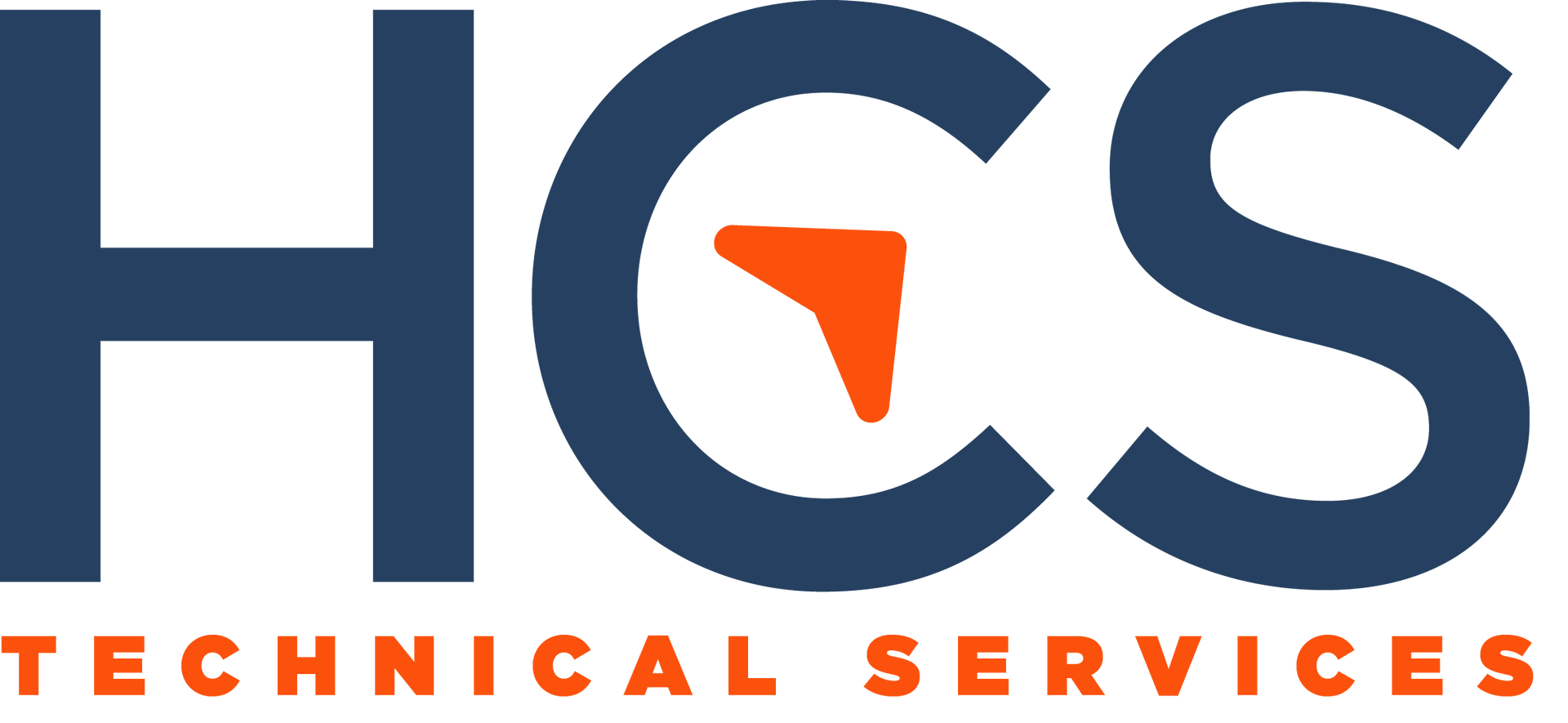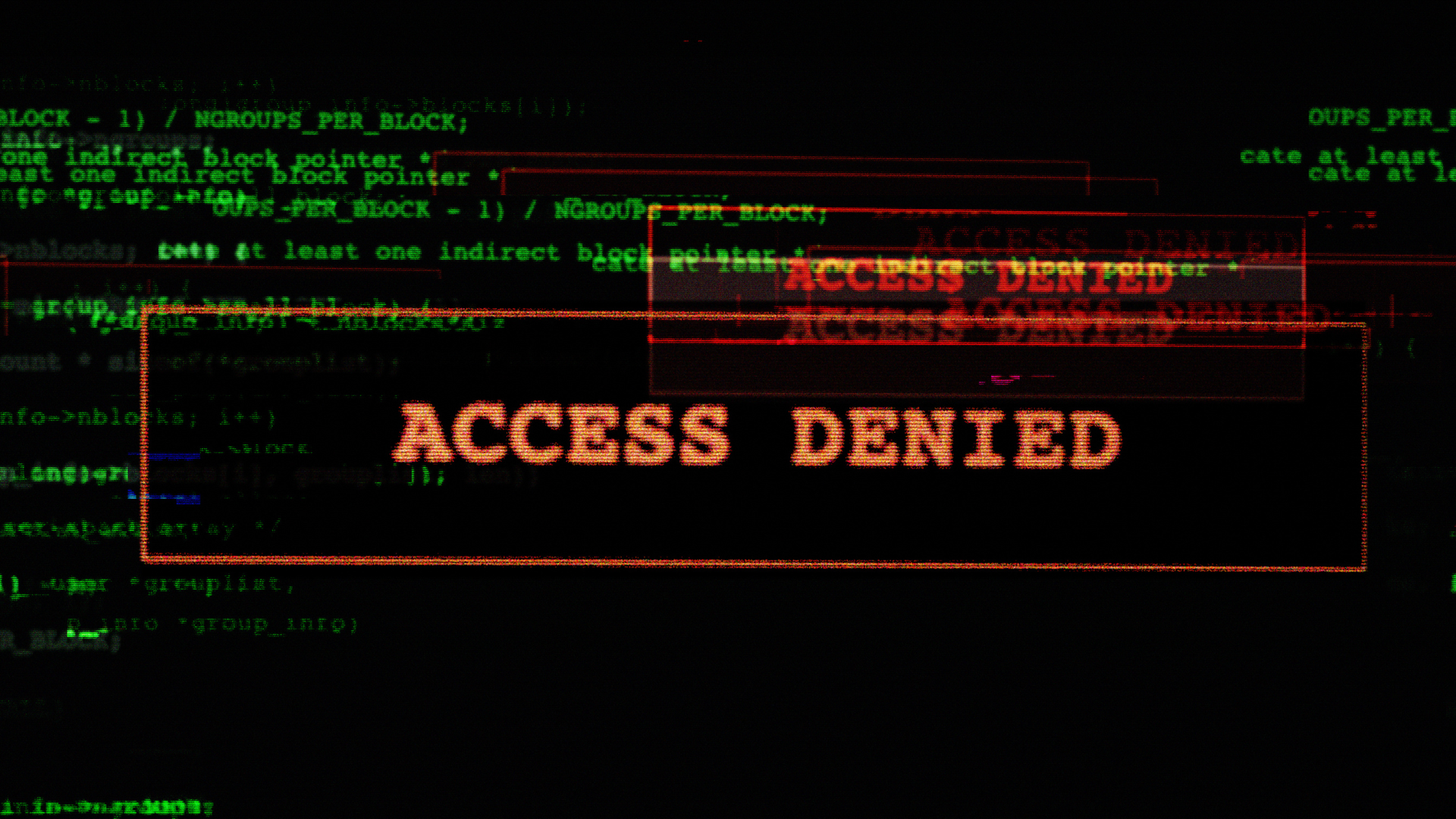How Can I Effectively Manage My Business's Data Throughout Its Lifecycle?
A Guide to Data Management for Your Business

How Can I Effectively Manage My Business's Data Throughout Its Lifecycle?
In the digital age, how you handle data from creation to deletion can greatly influence your operational efficiency and compliance. Without proper data lifecycle management, small businesses risk data breaches, legal issues, and inefficiencies. So, how can you master your data with effective lifecycle management?
The Solution: Establish a Comprehensive Data Lifecycle Management (DLM) Policy
The key to effective data management is to establish a comprehensive data lifecycle management (DLM) policy that defines clear protocols for data creation, usage, retention, and deletion. By implementing a well-defined DLM policy, you ensure that your data is handled consistently and securely throughout its entire lifecycle.
Actionable Tip: Develop a Framework for Data Management
To get started, develop a framework that identifies the type of data collected, its purpose, how long it should be retained according to legal and business requirements, and the secure methods for its disposal. This framework should be based on a thorough understanding of your business's unique data needs and the regulatory requirements that apply to your industry.
To ensure consistency and reduce human error, automate as much of the DLM process as possible. This can include using tools to automatically classify data, set retention periods, and securely delete data when it's no longer needed.
The Key Benefits of Effective Data Lifecycle Management
- Regulatory Compliance: By adhering to data protection laws such as GDPR, which require proper data handling procedures, you avoid costly penalties and maintain the trust of your customers.
- Enhanced Data Security: By managing how data is accessed and deleted, you minimize the risk of unauthorized access and data leaks. This helps protect your business's sensitive information and prevents potential reputational damage.
- Improved Data Quality: Regular reviews and updates as part of DLM ensure that only relevant, up-to-date data is stored, increasing operational effectiveness. By eliminating outdated or redundant data, you can make better-informed decisions based on accurate information.
- Cost Efficiency: Efficient data management reduces costs related to data storage and protection. By only storing what you need and securely disposing of what you don't, you can optimize your storage resources and minimize the costs associated with data management.
Data Lifecycle Management: More Than Just Compliance
Effective data lifecycle management is not just about compliance; it's about making data a strategic asset. By streamlining your data processes, you can gain valuable insights, make better-informed decisions, and improve overall operational efficiency.
Get Expert Help to Implement Your DLM Policy
Implementing a robust DLM policy can be complex, especially for small businesses with limited IT resources. To ensure that your DLM efforts are successful, consider partnering with HCS Technical Services. Their team of experts can assess your current data management practices, recommend best practices for your industry, and help you develop and implement a comprehensive DLM policy tailored to your business needs.
Mastering your data with effective lifecycle management is essential for any small business looking to stay competitive and compliant in today's data-driven world. By establishing a comprehensive DLM policy, developing a framework for data management, and partnering with experts, you can ensure that your data is a strategic asset, not a liability. Don't let poor data management hold your business back—start mastering your data today.
HCS Technical Services











